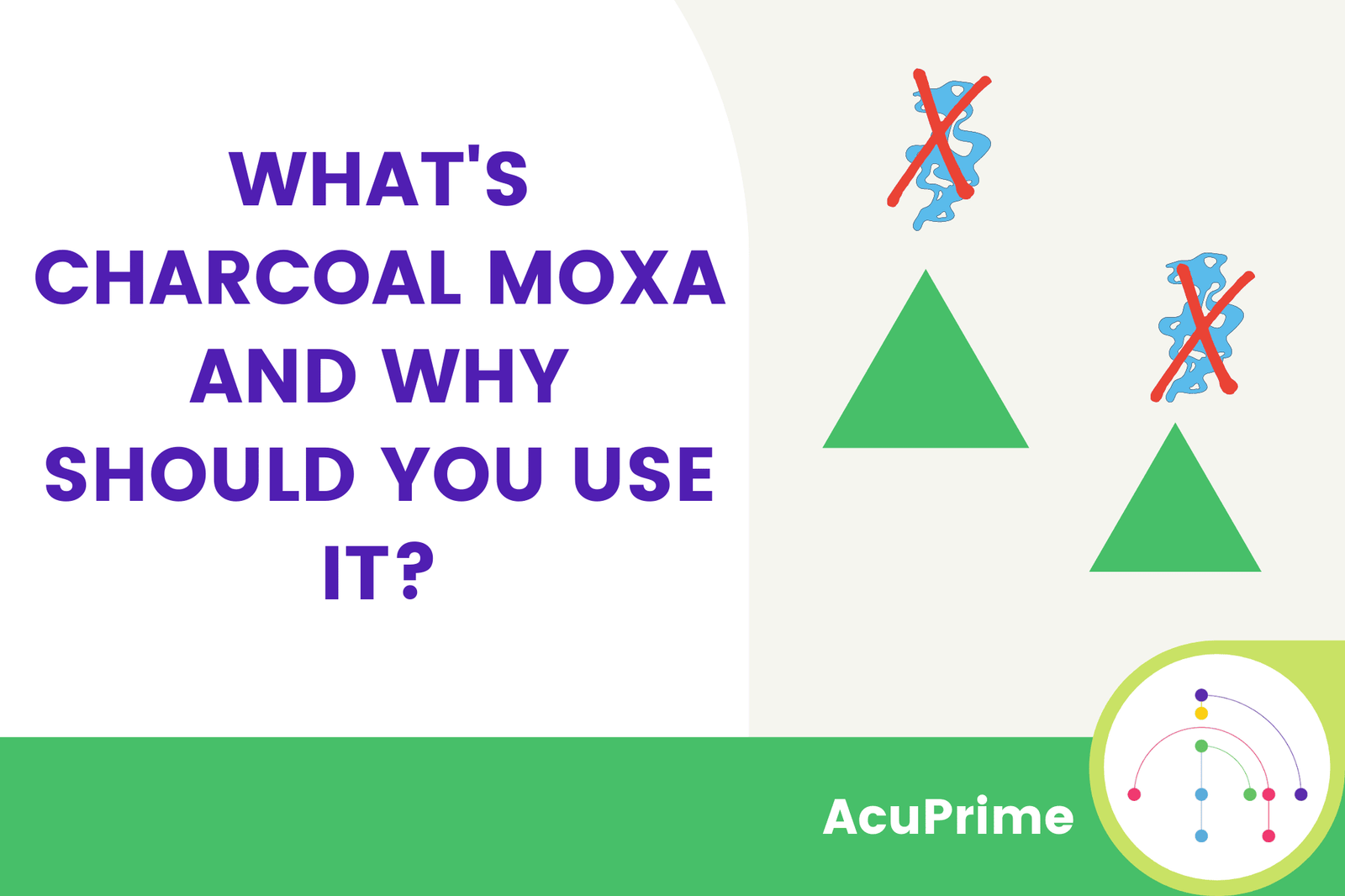Massage therapists have one mission in their professional lives. To rid clients of aches and pains? To provide relief and relaxation?
No.
Their universal mission is to find the perfect massage oil, wax or cream. A substance which never irritates, never stains and every client instantly loves.
It’s not an easy mission, but someone’s got to pursue it.
If this is your mission, we’re here to help. In this article, we’ll be looking at the advantages and disadvantages of various massage creams, waxes and oils. We’ll be looking at why there might not be a simple answer and how professional masseuses can succeed in their quest to find an affordable solution….get it? Solution? …Never mind.
Types of Massage
Fundamentally, the first hurdle you’ve got to address is whether to use oils, waxes or creams. You might have this solved for you if you’re a practitioner of specific types of massage.
Ayurveda
Ayurvedic massages are often defined by their use of specific oils. In Ayurveda, certain oils are chosen depending on the underlying issues. If that’s your jam, your main goal is finding affordable Ayurvedic oils that come in wholesale sizes. Grapeseed oil and almond oil are both commonly used in Ayurvedic massage.
Sports Massage
The role of the sports masseuse is to ease muscles, increase blood flow and support recovery. Many masseuses dealing with sportspeople choose oils and creams that reduce inflammation or have a cooling or warming effect.
Arnica gels are commonly used in sports massage therapy while warming oils produce muscle relaxation. They contain ingredients that alter the feeling on your skin, replicating the feeling of warmth.
What’s Best, Oils, Wax or Creams?
While some types of massage call for a specific oil, many can be undertaken using oils, waxes or creams. Sometimes, you’ll find out too late that you’ve picked the wrong type. Let’s take a look at the pros and cons to help you make the right choice every time.
Creams
Creams and lotions are popular tools in the massage industry because they’re versatile and come in a wide range.
Creams and lotions have a medium glide and slide easily but aren’t overly slippery. This makes them ideal for deep tissue massage where you’ll want a little friction for the force you’re applying to muscles.
Creams also often contain vitamins and can hydrate the skin without feeling sticky. Clients like to leave feeling like their skin’s improved, even if they are hobbling from your tough-love calf massage.
A downside of using creams and lotions is that they often come in tubs. This can cause hygiene and logistical problems, while pump-action creams are much better but harder to find.
Creams are often scented as well, which might not suit every one of your clients. With a much longer ingredient list than oil, synthetic chemicals may be present (which some clients and practitioners might not like) and they have a habit of going off if you don’t get through them fast enough.
Lastly, they’re tough to warm up and can feel unpleasantly cold on the skin at first. No client wants a shiver running up their spine from a cold cream.
Pros
- Medium glide
- Hydrating and leave skin supple
- Non-sticky
- Large variety
Cons
- Can contain synthetic ingredients
- Cold to touch
- Potentially short lifespan
- Hard to find in pump-action
Oils
Massage oils come in every iteration imaginable and many massages are heavily influenced by the oil used. Masseuses can blend essential oils with a base oil to create the exact scent desired and some oils are used for their particular properties across different belief systems.
Compared to most creams and lotions, oils have a much higher glide, making the skin’s surface very slippery. This is suited to gentle massages but not ideal for high-friction massages, like deep tissue, where you risk slipping.
Oil is easily absorbed into the skin but it will leave an oily finish unless washed off. This makes it tricky to use if the client needs to, for instance, put a work shirt back on after a lunchtime massage. A towelling off after the massage is the best way to remove excess oil.
Pump-action is the norm with massage oils and they’re extremely economical, requiring little to cover large swathes of skin. Oil also warms up quickly and shouldn’t feel too chilled to the touch compared to creams.
Pros
- High glide
- Easily absorbed
- Versatile scents
- Warms quickly
- Pump-action common
Cons
- Too high glide for deep massage
- Oily or sticky finish
Wax
While massage waxes are less common, they can be perfect for some types of massages.
The main benefits of using a massage wax is that it’s low glide, ideal for particularly focused and deep massages. Waxes are popular in the sports massage industry and can contain ingredients like arnica, honey and beeswax.
Wax also tends not to leave any slippery residue and are frequently made with antibacterial ingredients.
A downside to wax is that it can’t be used readily on hairy skin and it clumps and can tangle hairs, even leg hairs. Wax will always come in tubs as well, so care is needed from a hygiene point of view.
Pros
- Allows for fine control and deep massages
- Contain a variety of therapeutic ingredients
- Often antibacterial
Cons
- Not suitable for hairy skin
- Only comes in tubs
Choose the Right Massage Oils and Creams for Your Clients
When choosing the right solution, you’ll first need to think about the type of massages you offer. If deep tissue is an element of your services, you’ll need to choose a wax or a cream to get the required control.
Scents can be a big issue for masseuses because sense of smell is subjective. Having neutral massage creams and oils is useful for any client who doesn’t want their skin to be fragranced. Having your client approve the oil, wax or cream before you start the massage is the best way to ensure they are fine with the scent.
If you’re looking for high-quality massage oils, waxes and creams, you’re in luck. We sell massage lubricants in a variety of types and sizes, perfect for professional use. Check out our full range or get in touch with us to enquire about anything specific you need.









